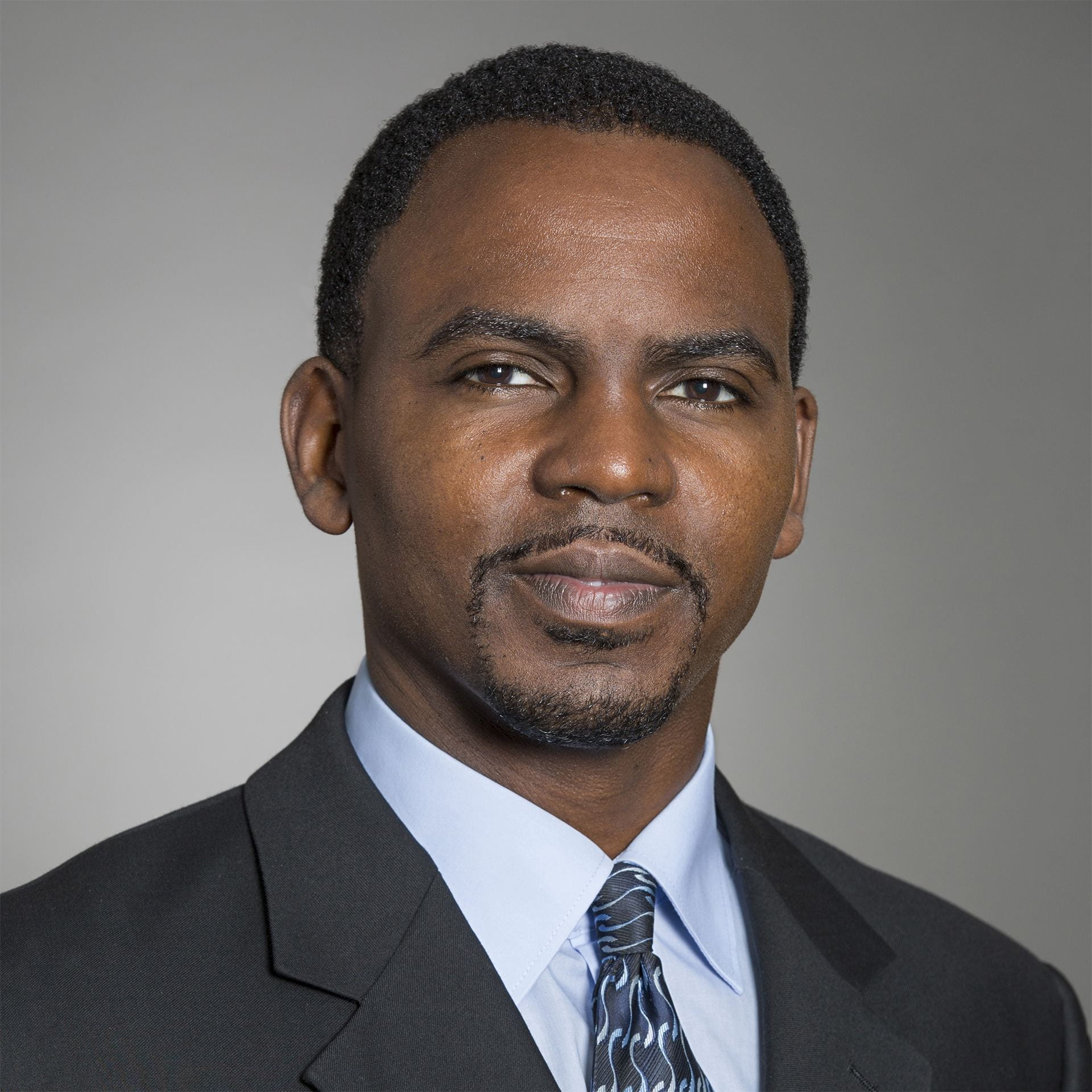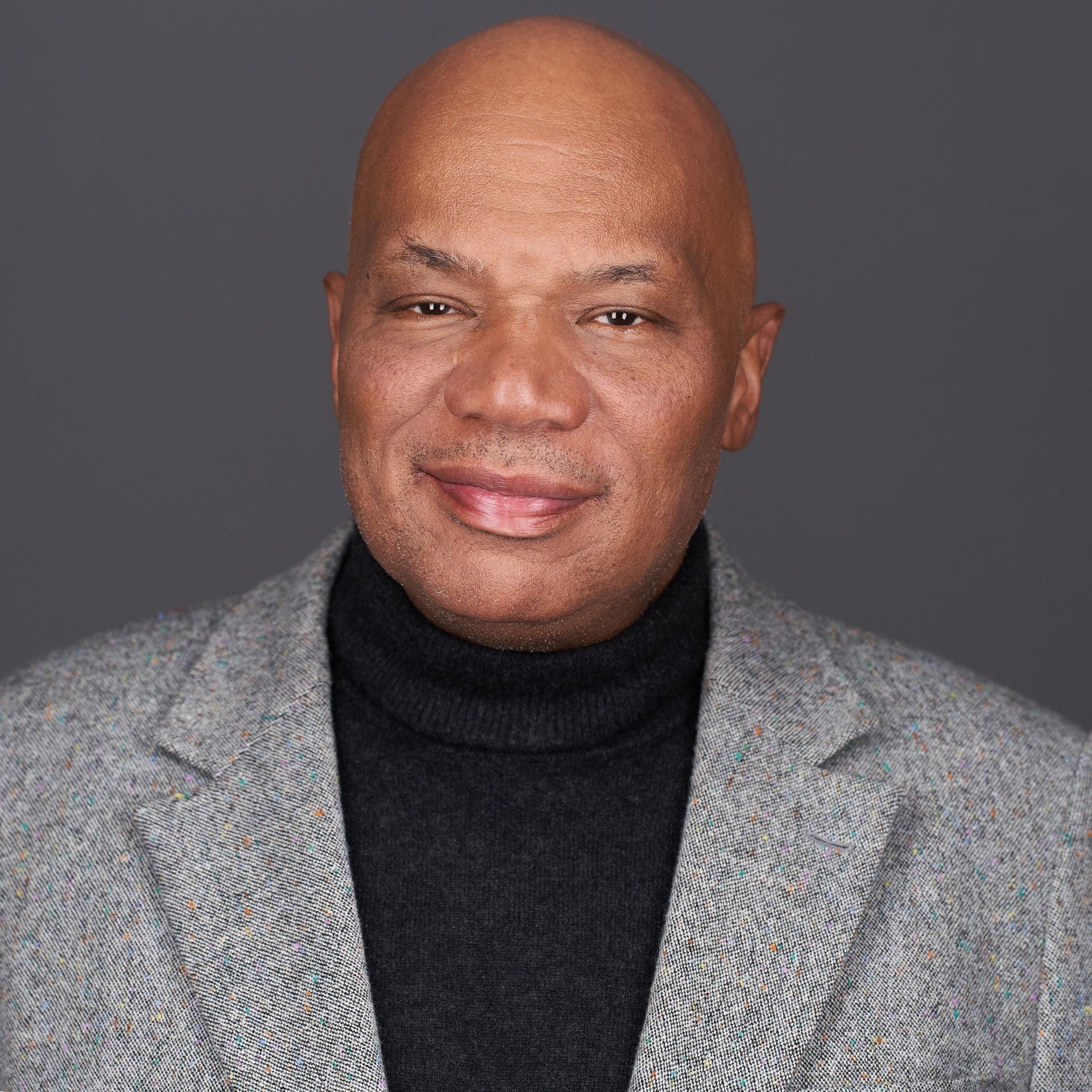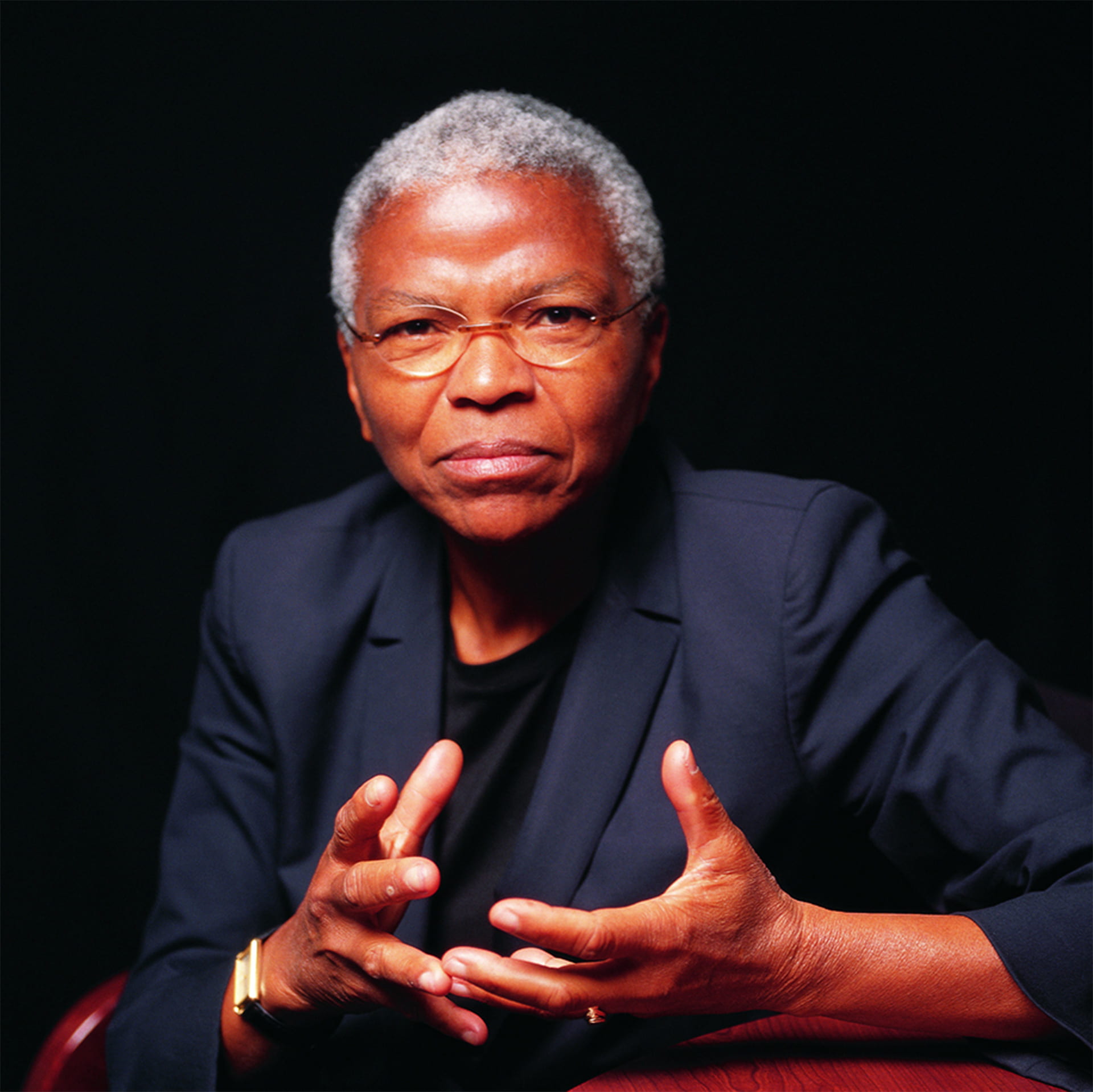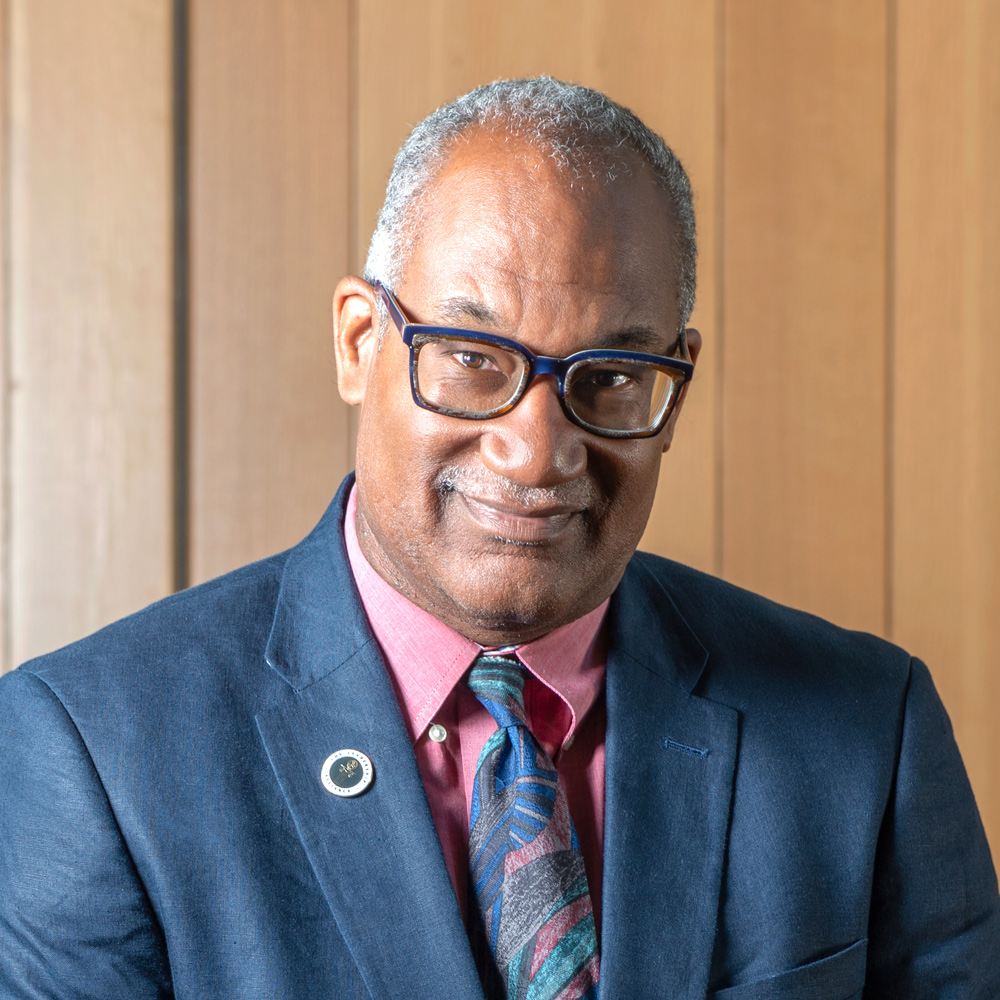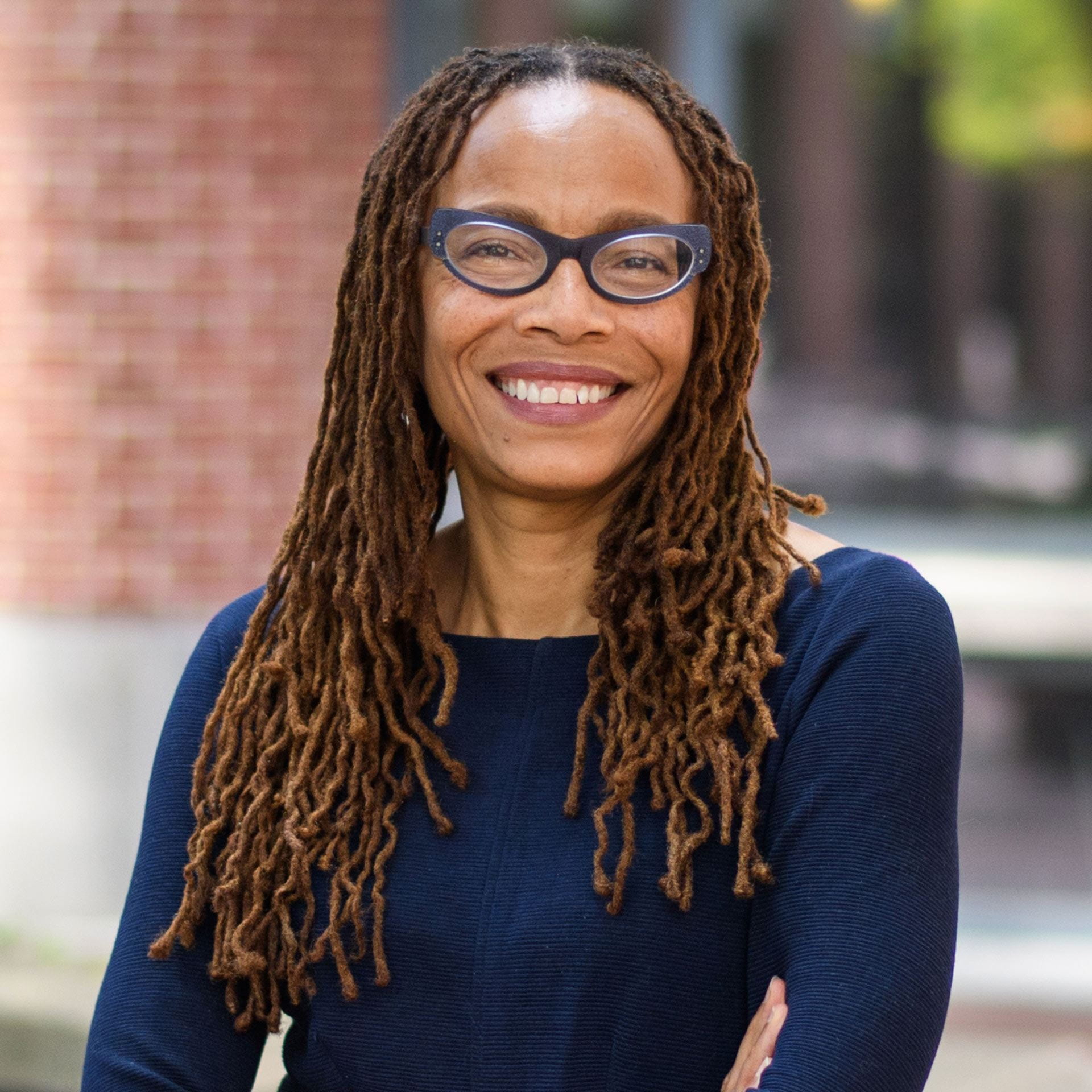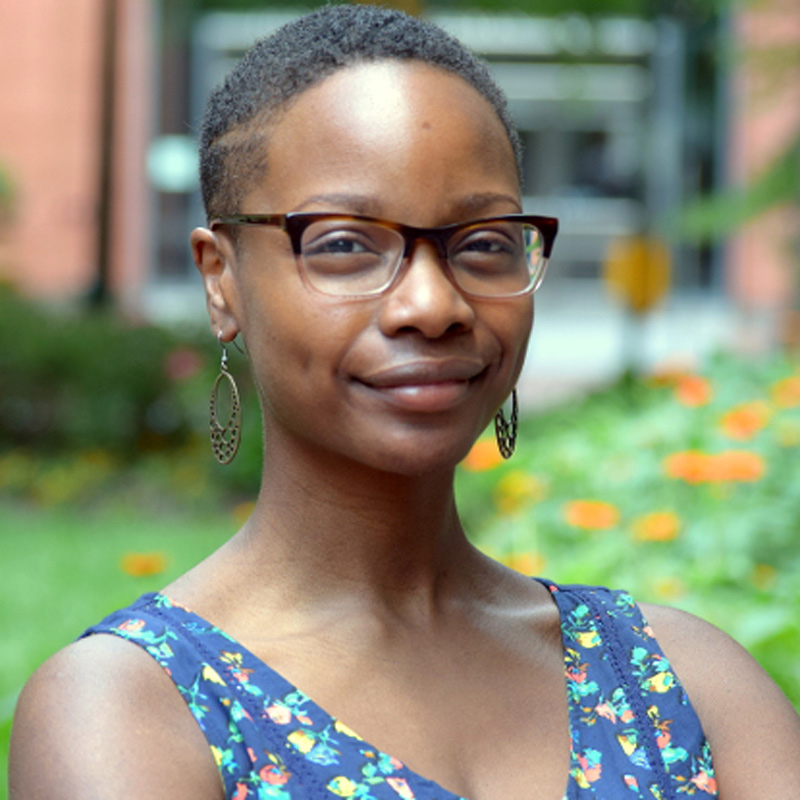Faculty on Racism and Inequality
Faculty from across Penn Arts & Sciences share their expertise on civil rights legislation, inequality, protest, and more.
The U.S. is experiencing a wave of protests after the killings of unarmed Black men and women including George Floyd, Breonna Taylor, Ahmaud Arbery, and others. Demonstrations by thousands of people in all 50 states and Washington, D.C. have called for action by governments and institutions, representing one of the biggest civil rights moments in decades.
The editorial team at OMNIA has compiled a list of past stories highlighting the voices of faculty who are experts in the historical, political, and cultural factors that contribute to this moment.

The Power of Protest
Daniel Gillion, Julie Beren Platt and Marc E. Platt Presidential Professor of Political Science, researches the impact of protest on social change, legislation, and voting.

Race and Democracy
Michael Hanchard, Gustave C. Kuemmerle Professor and Chair of Africana Studies, discusses democracy, citizenship, and inequality dating back to classical Athens.

The Civil Rights Act of 1957—What’s Changed, and What Hasn’t
Mary Frances Berry, Geraldine R. Segal Professor of American Social Thought and a professor of history and Africana Studies, considers the Civil Rights Act of 1957 in light of White nationalist violence that occurred in 2017.

Segregation and the Fair Housing Act
Camille Zubrinsky Charles, Walter H. and Leonore C. Annenberg Professor in the Social Sciences, discusses the social cost of ongoing residential segregation.

The Literary and Lived Impacts of Gentrification and Climate Change
In a talk for the 1.5 Minute Climate Lecture Series, Herman Beavers, Professor of English and Africana Studies, uses the poem “A Warm Day in Winter” by Paul Laurence Dunbar and the novel Sula by Toni Morrison to illustrate that the move to reclaim urban spaces in the name of sustainability too often ignores the needs and lives of Black and brown residents.

Race and Medicine
In a talk for 60-Second Lectures in Quarantine, Dorothy Roberts demonstrates that Enlightenment thinking about racial classifications has influenced how doctors practice medicine and put Black bodies in danger. Roberts is George A. Weiss University Professor of Law and Sociology, Raymond Pace and Sadie Tanner Mossell Alexander Professor of Civil Rights, and Professor of Africana Studies.

COVID-19, Race, and Poverty
Regina Baker, Assistant Professor of Sociology, discusses the health and financial implications of COVID-19 on low-wage, frontline workers and racial inequality that will continue to widen as a result. This talk is part of the 60-Second Lectures in Quarantine series.

OMNIA Podcast: Philosophy of Race (Audio)
Quayshawn Spencer, Robert S. Blank Presidential Associate Professor of Philosophy, explores the question “What kind of thing is race?” in his classes and research.
